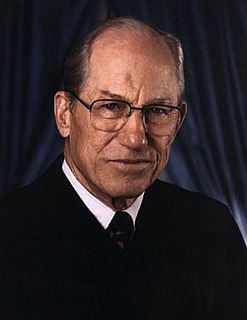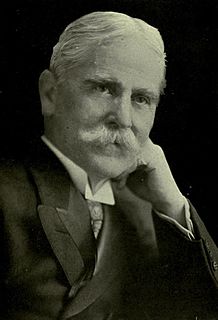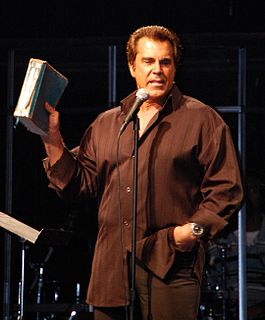Top 1200 Moral Law Quotes & Sayings - Page 3
Explore popular Moral Law quotes.
Last updated on November 20, 2024.
I think there has been an unfortunate tendency for a lot of different groups to forget that distinction between natural law and revealed truth and to say: Our complete agenda is to be enacted into laws governing the entire society. Many different religious groups claim that authority, not only Catholics. A lot of different Protestant groups as well are stepping forward to say: Here is our agenda, it is a moral agenda, ergo it must be enacted into law. I think that the distinction between natural law and more ultimate kinds of doctrine is being lost.
The Gospel is temporary, but the law is eternal and is restored precisely through the Gospel. Freedom from the law consists, then, not in the fact that the Christian has nothing more to do with the law, but lies in the fact that the law demands nothing more from the Christian as a condition of salvation. The law can no longer judge and condemn him. Instead he delights in the law of God according to the inner man and yearns for it day and night.
There is one all-important law of human conduct. If we obey that law, we shall almost never get into trouble. In fact, that law, if obeyed, will bring us countless friends and constant happiness. But the very instant we break the law, we shall get into endless trouble. The law is this: Always make the other person feel important.
God's righteousness and His unchangeable law make Christianity a stumbling block for many. Organizations and individuals carry a political and moral agenda that aims to remove all obstacles to their sin. Their goal is to 'break God's bands asunder and cast away His cords.' They counsel together to rid themselves of the law of God; anyone who preaches the gospel or stands for righteousness stands in the way of their agenda.
Though we have clear and full scriptures in the New Testament for abolishing the Ceremonial law, yet we nowhere read in all the new Testament of the abolishing of the Judicial law, so far as it did concern the punishing of sins against the Moral law, of which Heresy and seducing of souls is one, and a great one. Once God did reveal his will for punishing those sins by such and such punishments. He who will hold that the Christian Magistrate is not bound to inflict such punishments for such sins, is bound to prove that those former laws of God are abolished, and to shew some scripture for it.
We make a big mistake when we conclude that the law is the answer to bad behavior. In fact, the law alone stirs up more of such behavior. People get worse, not better, when you lay down the law. To be sure, the Spirit does use both God's law and God's gospel in our sanctification. But the law and the gospel do very different things.
But the law is an odd thing. For instance, one country in Europe has a law that requires all its bakers to sell bread at the exact same price. A certain island has a law that forbids anyone from removing its fruit. And a town not too far from where you live has a law that bars me from coming within five miles of its borders.
We are now returning to the 18th century empirical approach with the new interest in the evolutionary basis of ethics, with 'experimental' moral philosophy and moral psychology. As a result, we understand better why moral formulas are experienced as ineluctable commands, even if there is no commander and even if the notion of an inescapable obligation is just superstition. So moral philosophy has made huge progress.






















































